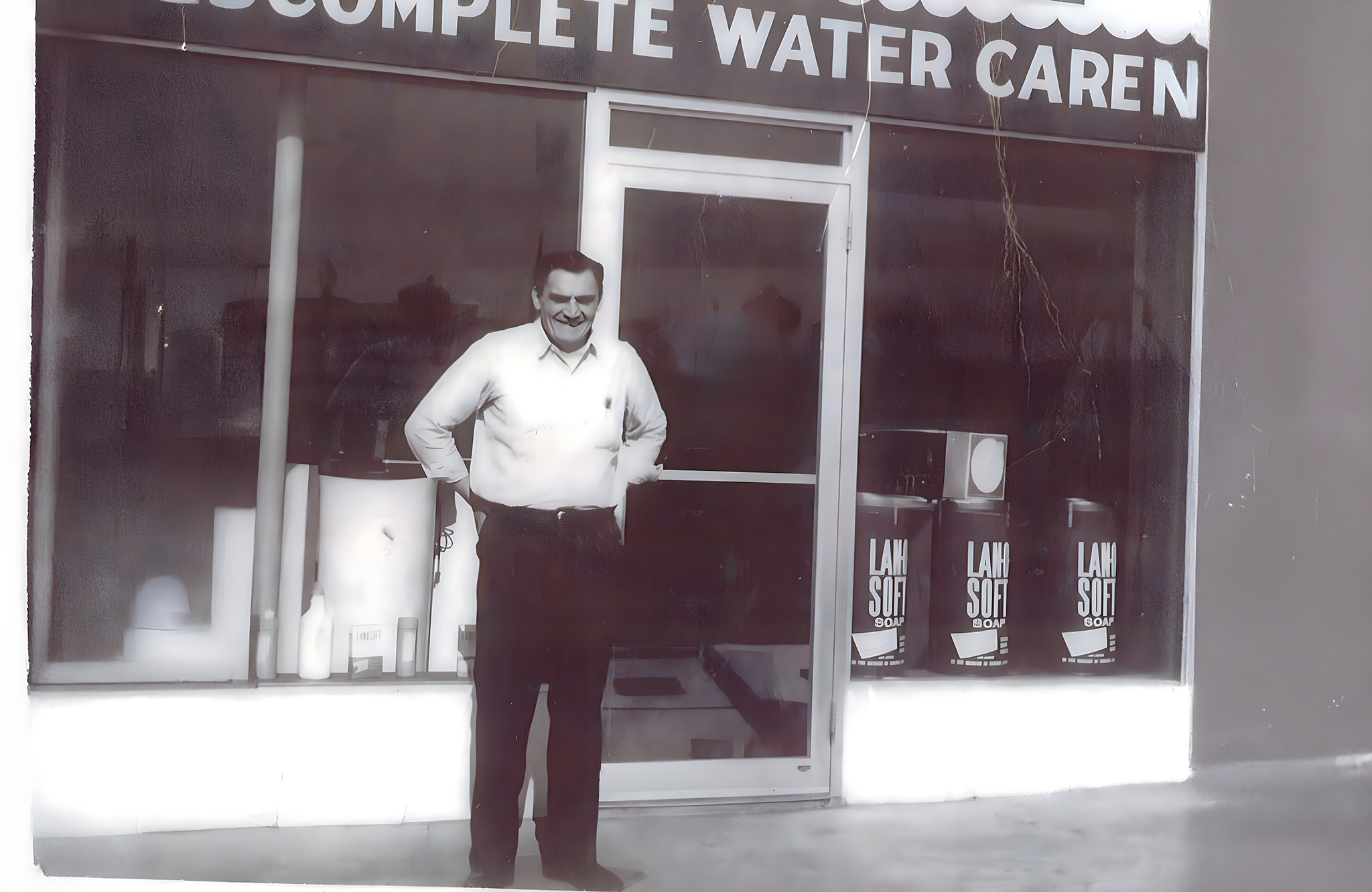
Remembering Wif Finken: A Legacy of Service and Community
January 26, 2026

Colder temperatures are creeping closer, which means that it’s time to find ways to make your heating system more efficient. Unfortunately, there are number of myths when it comes to...
October 24, 2019
When the temperatures drop in Minnesota, heating your home becomes a top priority and so does making sure you’re doing it efficiently. Unfortunately, there are plenty of heating “tips” out there that can actually do more harm than good.
Let’s break down three common winter heating myths and uncover what really keeps your home warm (and your energy bills low).
It’s tempting to crank up the thermostat when you come inside from the cold but it doesn’t make your home heat any faster.
The truth: Set your thermostat to your desired comfort level and be patient your furnace is already working at full power.
This myth makes sense in theory, but it can backfire.
The truth: Keep vents open and let your system run as designed. If you’re looking to reduce heating costs in unused rooms, consider zoning systems or programmable thermostats.
While space heaters seem like a good way to warm a single room, they’re not always more economical.
The truth: Use space heaters with caution and never rely on them as your primary heat source. An efficient furnace and well-maintained ductwork provide safer, more consistent warmth.
Don’t let heating myths cost you comfort or money this winter. At Finken, our HVAC experts can help you optimize your heating system for maximum efficiency and peace of mind.

Resources
